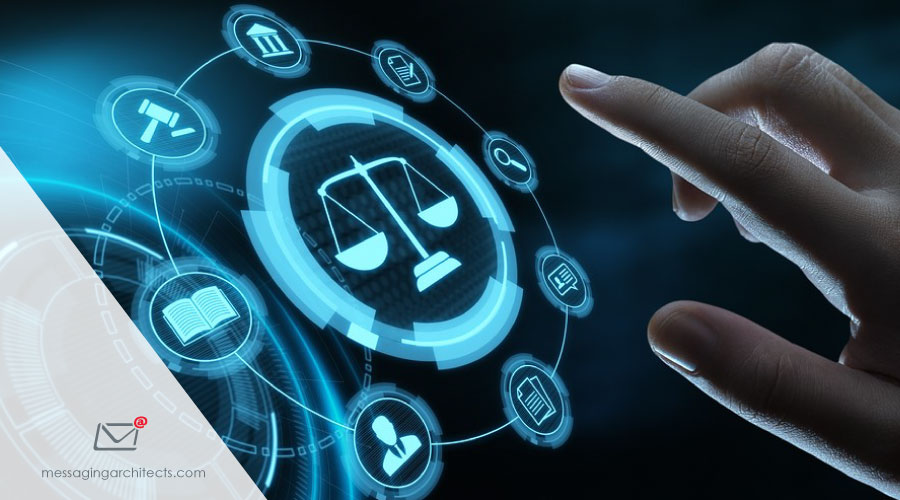When a lawsuit appears likely, litigants typically receive an eDiscovery request. Within a strict deadline, they must deliver all relevant digital information for analysis and review. That data can include documents, emails, text messages, social media posts, databases and much more. Failure to deliver requested information within the time allotted can result in stiff penalties. Proactive eDiscovery makes the process smooth and trouble free.
Envision an organization that has implemented the best practices of proactive eDiscovery. Rather than scrambling to find data when a lawsuit looms, they have followed comprehensive information governance strategies. Thus, they can respond to eDiscovery requests quickly while minimizing costs incurred through data collection and review.
The Obstacle Course of eDiscovery
The eDiscovery request sounds straightforward enough: gather all information relevant to the case at hand. But the nuances of modern communication make the process anything by straightforward.
For example, consider an organization with a bring-your-own-device (BYOD) policy. Employees use smartphones and tablets for both personal and business use. They likely communicate using any number of third-party applications and may have deleted critical information. Tracking down relevant data on hundreds of personal phones can prove nearly impossible.
On the other hand, companies that fail to implement adequate retention and disposal policies may find themselves with too much information. In eDiscovery, the majority of costs occur during review, where fees are typically assessed per gigabyte of data to be analyzed. Masses of redundant and obsolete data quickly drive up costs.
Somehow, organizations must find a balance between providing enough data without delivering extraneous information. No company wants to make headlines for failing to deliver critical emails. Nor do you want to spend millions of dollars for lawyers to review data that you should have deleted years ago.

Minimize Challenges with Information Governance
Instead of reacting in a frenzy to requests for eDiscovery, smart organizations practice information governance, the foundation of proactive eDiscovery. An effective information governance strategy addresses issues such as:
- Data categorization and storage – Know where your data resides and who owns it. Classify and organize data so that you can find it quickly.
- Data retention and deletion – Understand the data compliance regulations for your industry and set retention policies accordingly. Publish and communicate those policies, and automate deletion and archival where possible.
- BYOD policies – Know who in the company uses personal devices for work, what kinds of devices they use and how they use them. Policies that mandate storage of workplace data in the cloud make mobile data easier to access while maintaining personal privacy.
Office 365 Proactive eDiscovery Tools
Organizations that have completed Office 365 migration can use Microsoft’s built-in tools to help them conduct proactive eDiscovery. Through the Office 365 Security and Compliance Center, for example, administrators can retrieve data based on keywords, custodians and other specifications.
Tools included with Advanced eDiscovery can then identify redundant information, assess relevance and group documents by topic. The resulting data set is significantly smaller and more relevant, and administrators can easily repeat and defend the process.

Benefits of Proactive eDiscovery
A robust information governance program and wise use of available technology position organizations to realize the advantages of proactive eDiscovery, including:
- Agile response to formal request for eDiscovery – No more scrambling. You can locate and produce needed information quickly, without significant interruption to regular business.
- Early case assessment – With a clear picture of the relevant data, you can make informed strategic decisions early on.
- Reduce costs – By eliminating redundant and obsolete data, you can significantly reduce review costs.
- Improved business decision-making and increased data security – The benefits of eDiscovery stretch beyond litigation.
The Right Resources at the Right Time
The best time to prepare for litigation is now, long before a court order appears. The consultants and project managers at Messaging Architects can help your organization develop sound information governance. And with deep knowledge of Office 365 and other pertinent technologies, they can assist you in tapping into the benefits of proactive eDiscovery.






